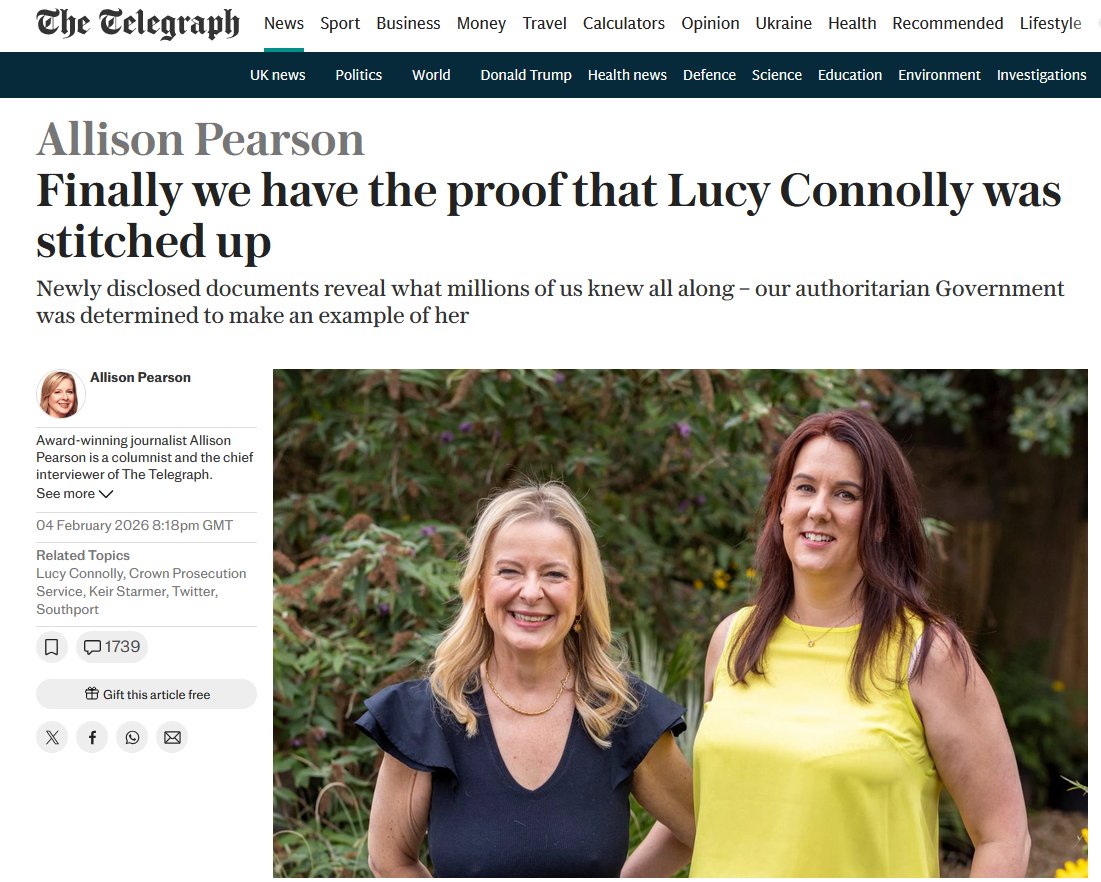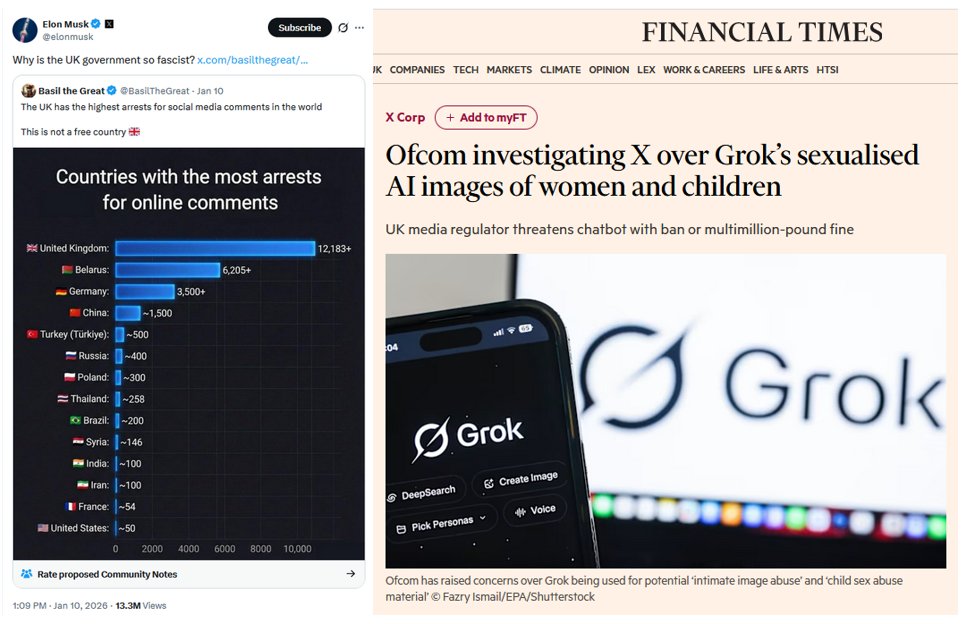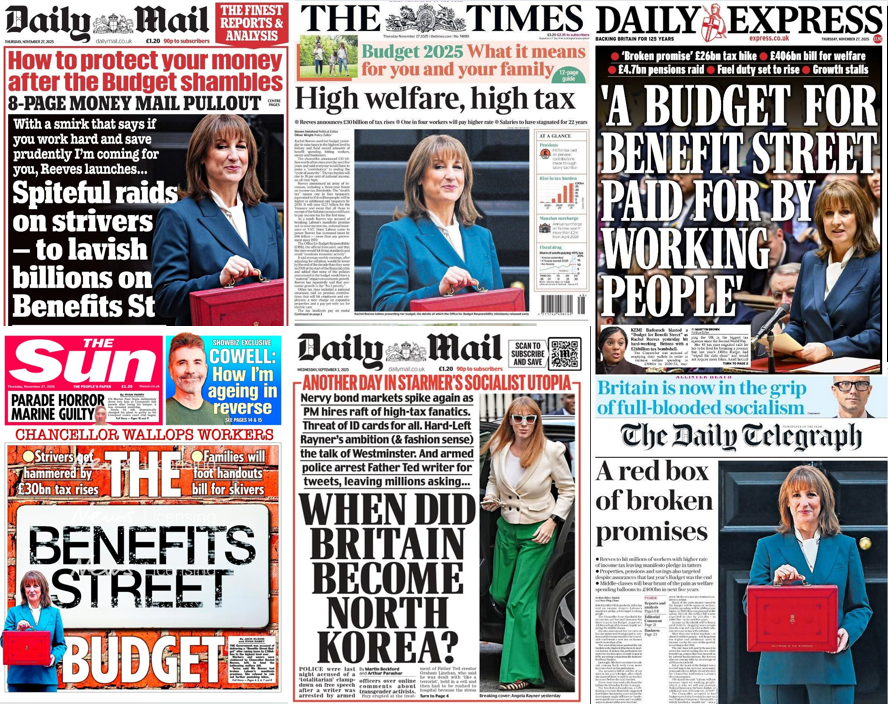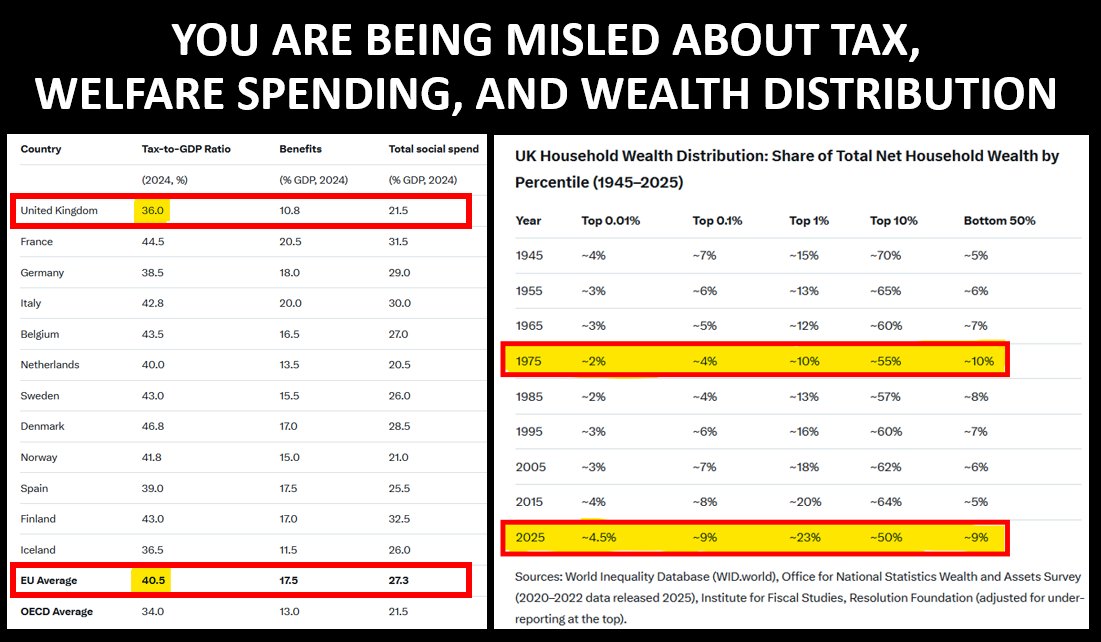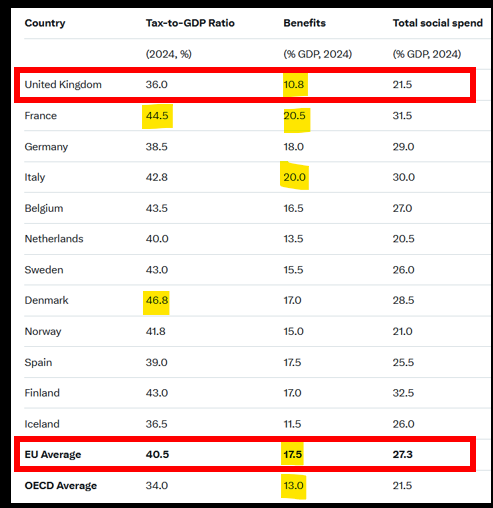A short #THREAD on Boris Johnson's time as Editor of the establishment-right mouthpiece, The Spectator, Chaired by failed GB "News" Chief Andrew Neil, & owned by toxic tax-avoiding right-wing billionaire libertarian crank Frederick Barclay, who also owns The Daily Telegraph. 


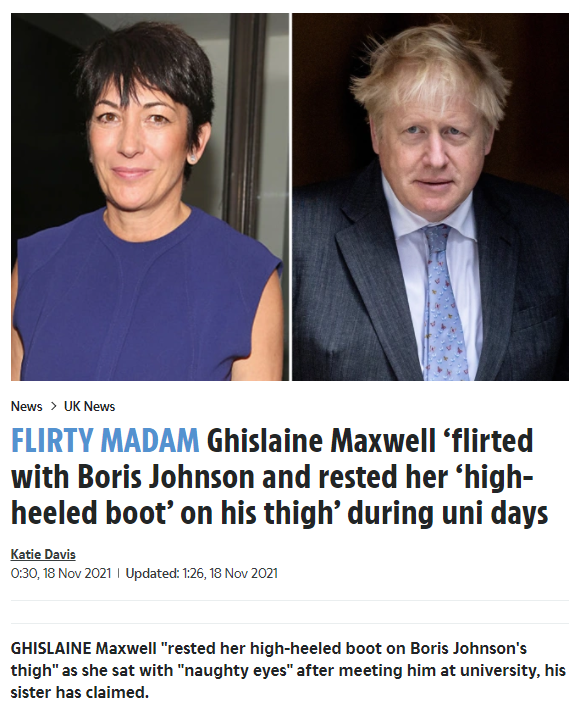
Before joining The Spectator as editor, Boris Johnson had worked for Murdoch's Times, & the Barclay Brothers' Daily Telegraph. He had also briefly been political commentator for The Spectator under Dominic Lawson.
From 1999, Johnson established himself as a "colourful" editor.
From 1999, Johnson established himself as a "colourful" editor.

A campaign to have Johnson selected in the safe seat of Henley saw rivals anonymously smeared as 'gay, alcoholic or suspiciously left-wing', & in the 2001, Johnson was elected MP for Henley. By 2004 he was vice-chair of the Tory party, & in Michael Howard's shadow cabinet. 

His editorial policy: "in favour of getting rid of Saddam, sticking up for Israel, free-market economics, expanding choice... not necessarily a Thatcherite or neocon magazine, though in our editorial coverage we tend to follow roughly the conclusions of those lines of arguments". 



In February 2003, Johnson was the subject of a Scotland Yard inquiry relating to a column by Taki, targeting barrister Peter Herbert, a black man.
Following the column, Herbert received over 40 racist emails, mostly from the USA, some of which contained death threats.
Following the column, Herbert received over 40 racist emails, mostly from the USA, some of which contained death threats.

In October 2004, a Spectator editorial suggested that the death of the hostage Kenneth Bigley was being over-sentimentalised by the people of Liverpool, accusing them of indulging in a "vicarious victimhood" and of possessing a "deeply unattractive psyche". 

The Spectator began to be referred to as the 'Sextator', owing to the number of sex scandals connected with the magazine.
These included an affair between columnist Rod Liddle & the magazine's receptionist, & Boris Johnson's own affair with another columnist, Petronella Wyatt.
These included an affair between columnist Rod Liddle & the magazine's receptionist, & Boris Johnson's own affair with another columnist, Petronella Wyatt.

Johnson at first denied the relationship, dismissing the allegations as "an inverted pyramid of piffle", but was sacked from the Shadow Cabinet in November 2004 when they turned out to be true. 

On his departure in 2005, Andrew Neil paid a glowing tribute to Johnson's editorship:
"Boris has been a wonderful and magnificent editor of The Spectator and we are sorry to lose him; in many ways he will be irreplaceable. But we wish him every success in his political career."


"Boris has been a wonderful and magnificent editor of The Spectator and we are sorry to lose him; in many ways he will be irreplaceable. But we wish him every success in his political career."



During Johnson's editorship, Mary Wakefield began working at the magazine: she is now the magazine's commissioning editor and is married to Boris Johnson's former political advisor Dominic Cummings.
It's a small world!

It's a small world!


• • •
Missing some Tweet in this thread? You can try to
force a refresh


